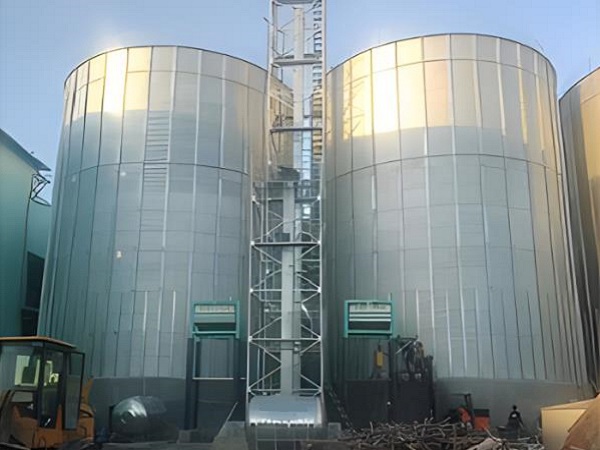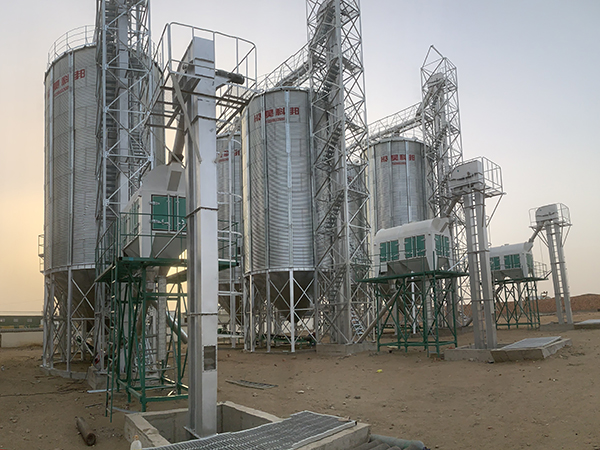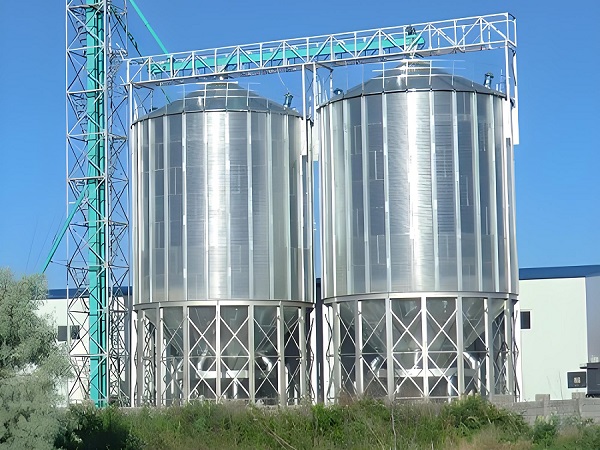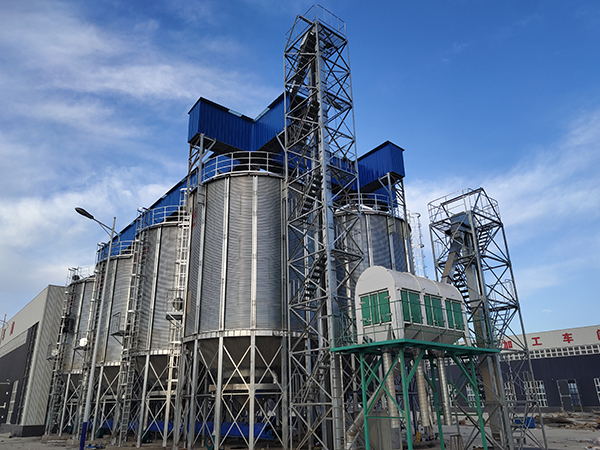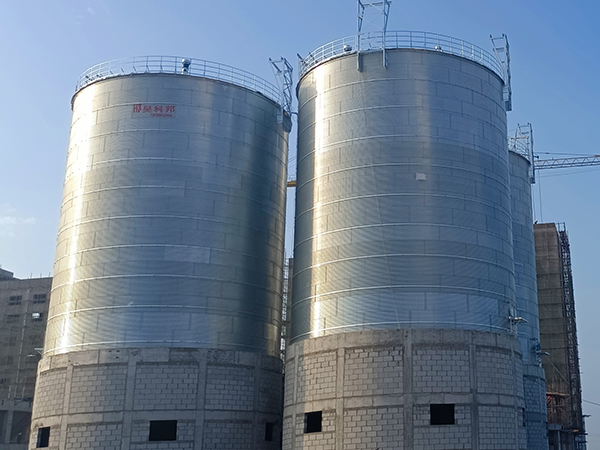Tower Silo Prices: Influencing Factors and Market Analysis
Tower silos play a crucial role in agricultural and industrial storage, making their prices a focal point for many businesses. Understanding the factors affecting tower silo prices and market trends is essential for effective procurement decisions.
- Main Advantages of Wheat Silo in Uganda
- Main Functions of Wheat Silo in Uganda
- Corn mill factory in Mali
- Maintenance Methods for Wheat Silo in Uganda
- Maintenance Methods for a Rice Silo in Uganda
- Wheat mill supplier in Malawi
- Installation Process of a Rice Silo in Uganda
- Structural Composition of a Rice Silo in Uganda
- Flour mill sale in Rwanda
- Main Advantages of Rice Silo in Uganda
- Primary Functions of Rice Silo in Uganda
- Grinding mill cost in Libya
introduction
Tower silos play a crucial role in agricultural and industrial storage, making their prices a focal point for many businesses. Understanding the factors affecting tower silo prices and market trends is essential for effective procurement decisions. This article will explore the key factors determining tower silo prices, market price trends, and their impact on procurement.
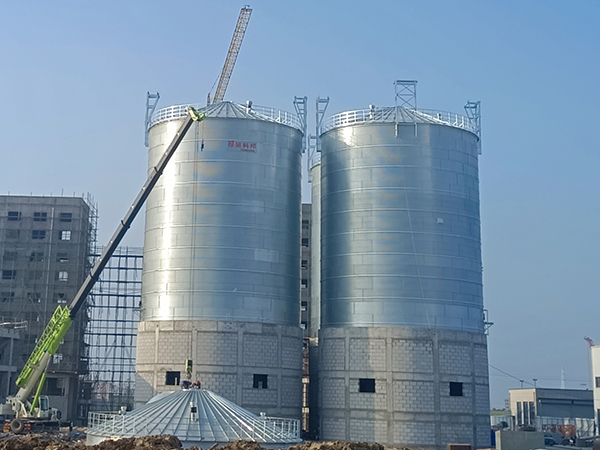
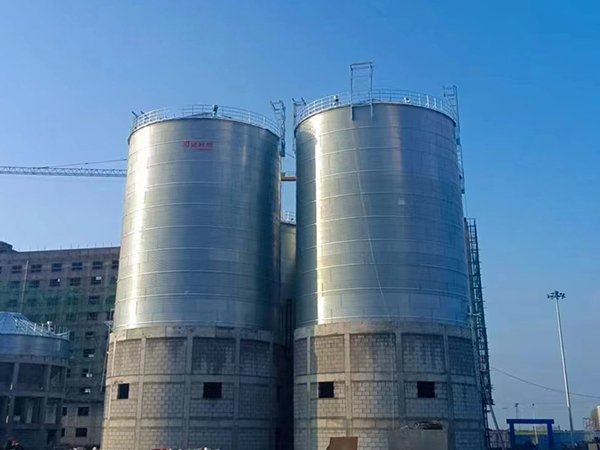
Major Factors Influencing Tower Silo Prices
1. Material Costs
The primary materials for tower silos include steel, concrete, and galvanized sheets. The price fluctuations of these raw materials directly affect tower silo prices. Steel prices are particularly volatile in the market, significantly impacting tower silo prices. High-quality materials, although more expensive, can improve the lifespan and safety of tower silos. Therefore, balancing cost and quality is crucial when selecting materials.
2. Manufacturing Process
The complexity of the manufacturing process also affects tower silo prices. Precision manufacturing processes not only enhance the overall quality of tower silos but also reduce maintenance costs. Although initial investments in modern manufacturing equipment and advanced technologies are high, they ensure higher production efficiency and product quality, making these investments worthwhile in the long run.
3. Design and Specifications
Different designs and specifications lead to varying tower silo prices. Parameters like height, diameter, and capacity directly influence the amount of material used and the manufacturing process. Larger tower silos require more materials and more complex manufacturing processes, resulting in higher prices. Custom-designed tower silos, due to their unique requirements, are usually more expensive than standard products.
4. Installation and Transportation
Installation and transportation costs are part of the total cost of tower silos. The installation process requires professional skills and equipment, which can be costly. Transportation costs depend on the volume of the tower silo and the distance of transportation. For large tower silos transported over long distances, logistics costs can represent a significant portion of the total cost.
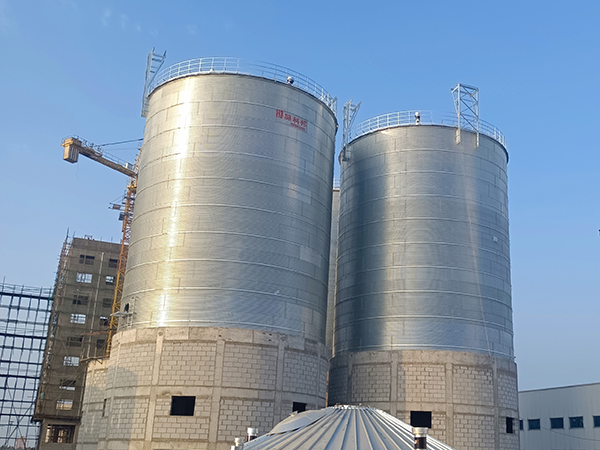
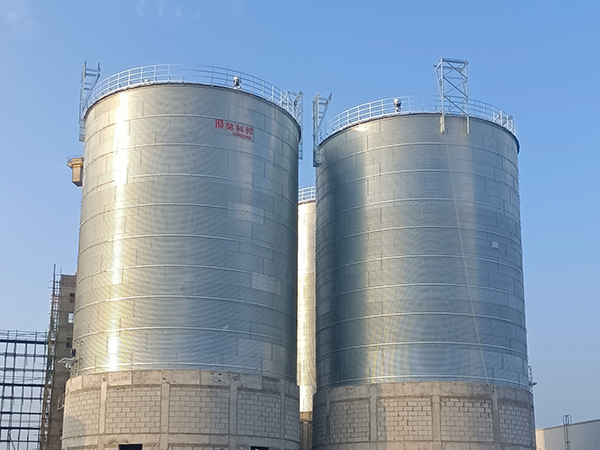
Market Price Trends
1. Raw Material Price Fluctuations
In recent years, fluctuations in the prices of raw materials like steel have significantly affected tower silo prices. The instability of raw material prices in the international market causes corresponding fluctuations in tower silo prices. Businesses should monitor raw material market trends to choose the right procurement timing and reduce costs.
2. Cost Reduction Through Technological Advancements
With advances in manufacturing technology, production efficiency of tower silos has improved, leading to reduced production costs. This trend has somewhat stabilized or even reduced tower silo prices. Businesses can benefit from these price advantages by choosing suppliers with advanced manufacturing technologies.
3. Intensified Market Competition
The tower silo market is becoming increasingly competitive, with many manufacturers optimizing their production processes and reducing costs to gain market share. This competition helps drive overall market prices down. Businesses can compare multiple suppliers to choose those offering the best value, securing more competitive prices.
How to Optimize Tower Silo Procurement Costs
1. Compare Multiple Suppliers
When procuring tower silos, businesses should compare prices from multiple suppliers. By understanding different suppliers’ quotes and services, businesses can select those that best meet their needs and budgets, optimizing procurement costs.
2. Establish Long-Term Partnerships
Building long-term partnerships with reliable suppliers can result in more favorable prices and better service. Long-term cooperation can secure price discounts and priority supply during raw material price fluctuations.
3. Monitor Market Dynamics
Regularly monitoring market dynamics, including raw material prices, technological advancements, and market competition, helps businesses choose the best procurement timing. By purchasing in bulk when prices are low, businesses can effectively reduce total procurement costs.
4. Consider the Second-Hand Market
For businesses with limited budgets, considering the second-hand market for tower silos is a viable option. Although second-hand tower silos may not match new products in quality and lifespan, their lower prices make them suitable for short-term projects or temporary storage needs.
Conclusion
Tower silo prices are influenced by various factors, including material costs, manufacturing processes, design specifications, and installation and transportation fees. Understanding these influencing factors and market price trends can help businesses make informed decisions during tower silo procurement. By comparing multiple suppliers, establishing long-term partnerships, monitoring market dynamics, and considering the second-hand market, businesses can optimize procurement costs and obtain high-value tower silo products. In the future, with technological advancements and increased market competition, tower silo prices are expected to become more reasonable, offering businesses more procurement options.

